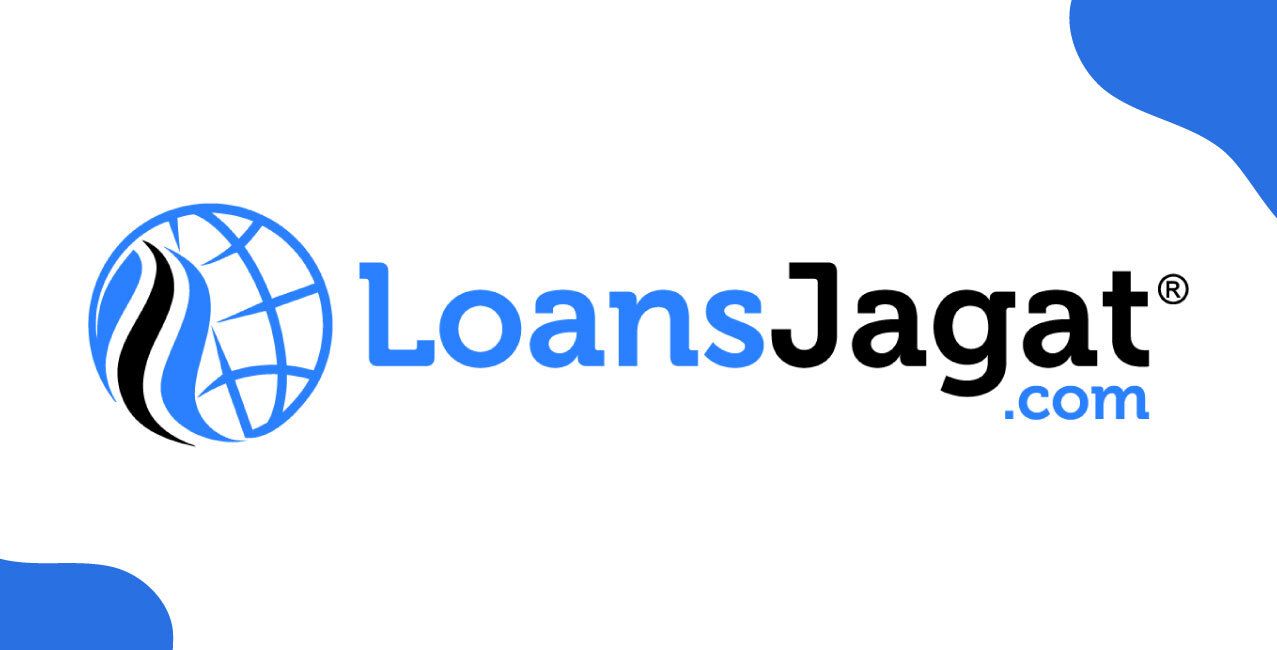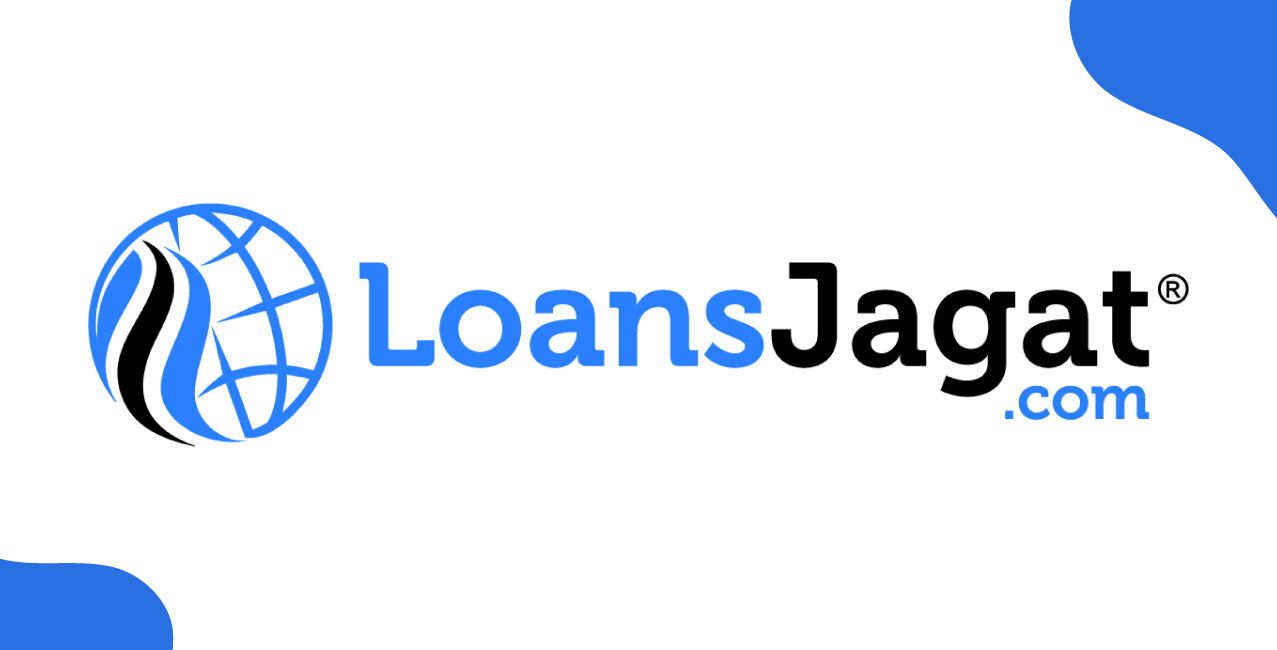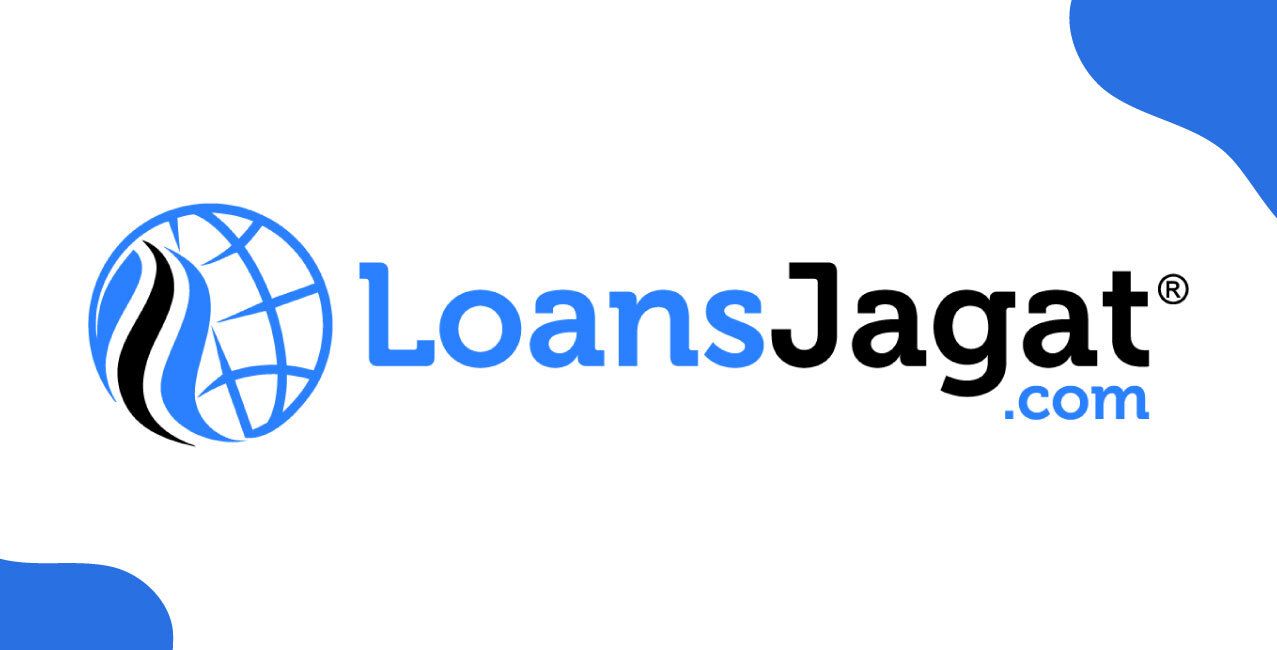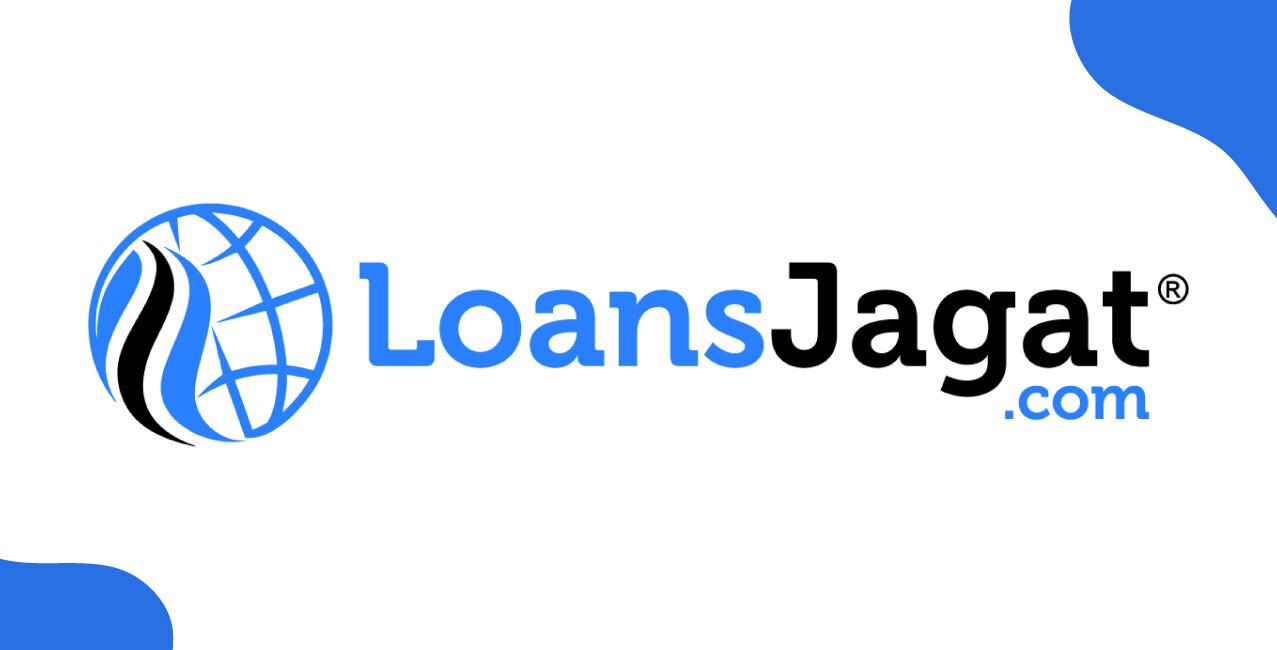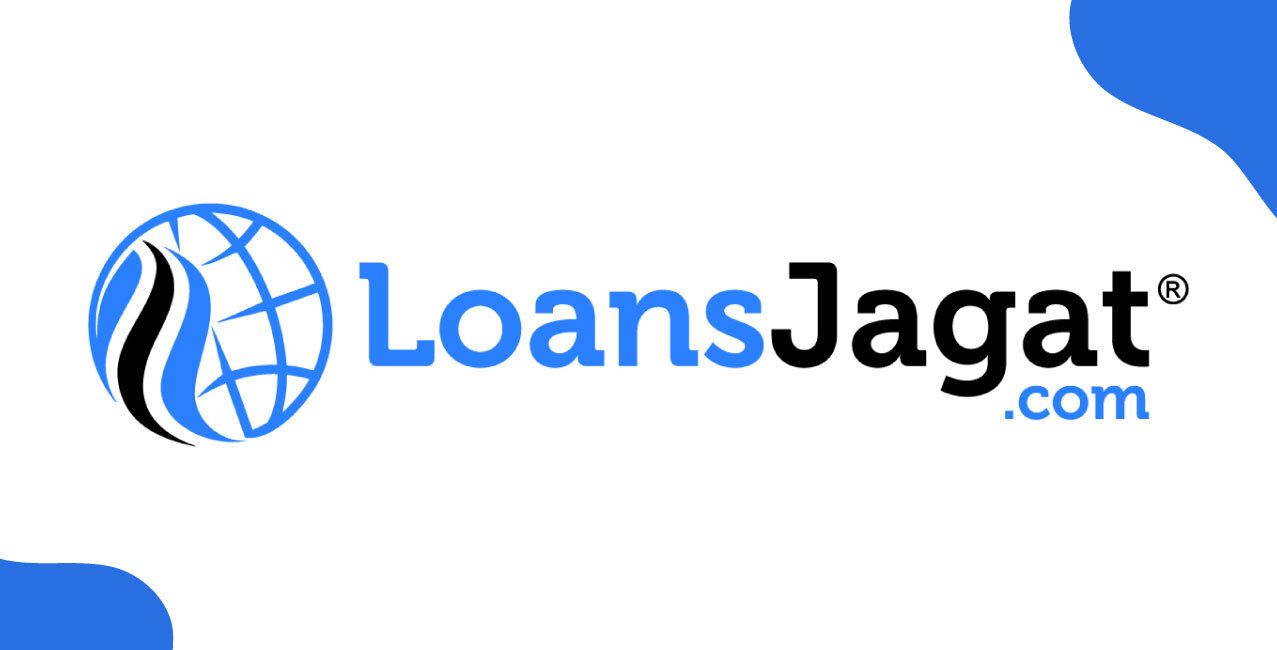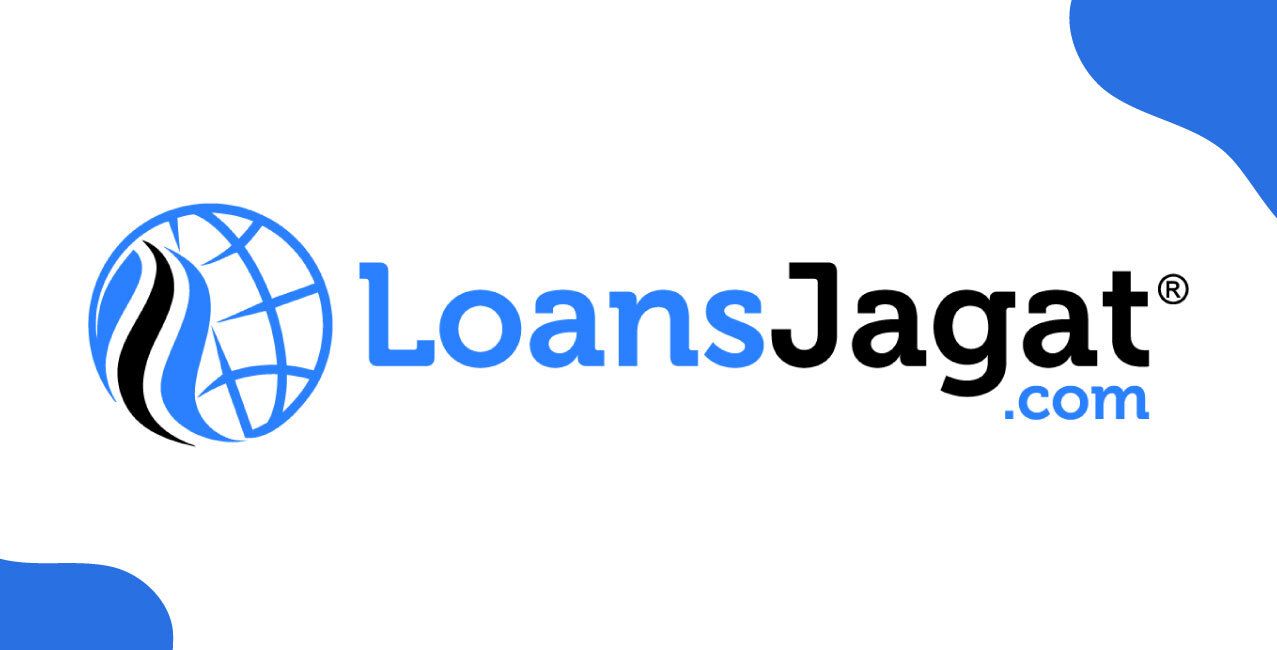RBI Proposes New Rules to Speed Up Claim Settlements for Accounts and Lockers of Deceased Customers
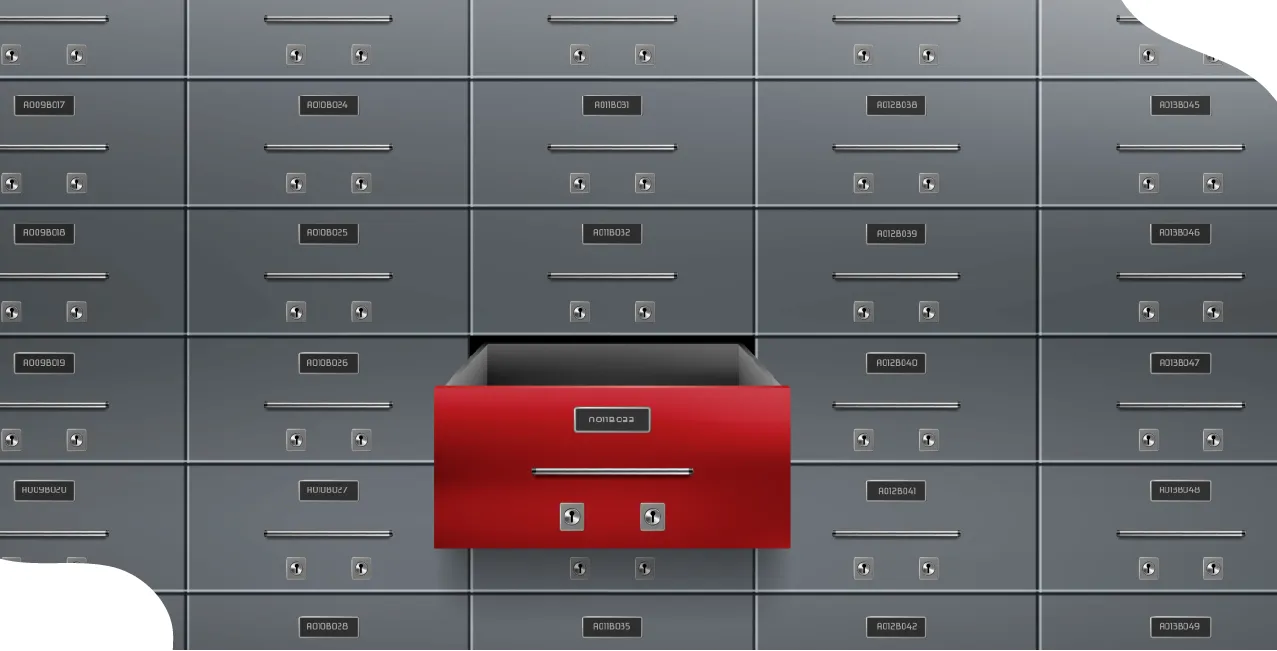
Check Your Loan Eligibility Now
By continuing, you agree to LoansJagat's Credit Report Terms of Use, Terms and Conditions, Privacy Policy, and authorize contact via Call, SMS, Email, or WhatsApp
A loss in the family often leaves relatives struggling with formalities while dealing with grief. One of the most difficult tasks is gaining access to the bank accounts or lockers of the deceased. On August 6, 2025, the Reserve Bank of India released its latest draft guidelines, aiming to change this struggle into a quicker, standard process for faster claim settlement on accounts and faster claim settlement on lockers.
The central bank, in its Draft Reserve Bank of India (Settlement of Claims in respect of Deceased Customers of Banks) Directions, 2025, has proposed that all banks must complete claim settlement on accounts within 15 calendar days after receiving the necessary papers. The draft has been opened for public comments till August 27, 2025, with the new rules expected to take effect on January 1, 2026.
This change follows repeated complaints about long delays, inconsistent paperwork demands, and poor coordination across branches. Now, the regulator is looking to make the system uniform across the country with new rules on claim settlement by RBI.
15-Day Timeline for Faster Claim Settlement on Accounts
One of the most important changes is the introduction of standard forms for all banks. These will ensure that a customer’s nominee or legal heir faces the same requirements regardless of the bank or branch involved, whether for claim settlement on lockers of deceased customers or for accounts.
The proposed rules also introduce clear penalties for delays. For deposit accounts, any late claim settlement on accounts will require banks to pay interest at the Bank Rate plus 4 percent per year. In the case of safe deposit lockers or safe custody articles, a delay in claim settlement on lockers will result in a daily compensation of 5,000 rupees.
Below is a summary of the claim process as proposed in the draft:
These steps aim to cut confusion, particularly in cases without a nomination, where banks often follow different standards for claim settlement.
Standard Forms to Simplify Claim Settlement on Lockers and Bank Accounts
For lockers and safe custody items, the draft rules require banks to set a date for inventory within 15 days of receiving the documents. This process will involve the claimant, two independent witnesses, and bank officials.
The RBI has stressed that the nominee or joint account holder will receive the contents as a trustee of the legal heirs, not as the outright owner. This clarification addresses disputes where nominees assumed sole ownership after claim settlement on lockers of deceased customers.
By setting clear steps, the central bank expects to reduce arguments between families and banks over who gets access and how, ensuring faster claim settlement on accounts and faster claim settlement on lockers.
Why is the RBI Changing Rules for Faster Claim Settlement?
According to the RBI’s statement in the draft report, the banking regulator received frequent complaints about settlement delays, some stretching for months. Many banks were found asking for excessive or non-essential documents. The new norms are aimed at removing such hurdles.
The proposed system will also bring transparency for families in distress, giving them clear deadlines and the right to compensation for any delay.
This approach not only speeds up settlements but also ensures that nominees cannot bypass rightful heirs.
Transition Plan for New Rules on Claim Settlement by RBI
Banks will have until the end of 2025 to adjust their internal systems and train staff. The RBI has invited public comments until August 27, 2025, to address any gaps before finalising the directions. The goal is to have a smooth rollout on January 1, 2026.
This feedback period also offers consumer groups and legal experts a chance to suggest improvements. It marks a rare opportunity for the public to influence a core banking process that affects millions of households.
By placing the feedback phase before the compliance deadline, the regulator is aiming for an orderly changeover instead of a rushed enforcement.
Conclusion
If adopted in full, these norms will set a national standard for faster claim settlement on accounts and faster claim settlement on lockers of deceased customers. Families will have predictable timelines, banks will have no room to stretch procedures, and disputes over nominee rights will be addressed more clearly.
This reform, though administrative, has a deeply human angle. It aims to remove at least one burden at a time when families are already dealing with loss.
Other News Pages | ||
About the author

LoansJagat Team
Contributor‘Simplify Finance for Everyone.’ This is the common goal of our team, as we try to explain any topic with relatable examples. From personal to business finance, managing EMIs to becoming debt-free, we do extensive research on each and every parameter, so you don’t have to. Scroll up and have a look at what 15+ years of experience in the BFSI sector looks like.
Subscribe Now
Related Blog Post

Home Loan Interest Rates 2025 Deliver Major EMI Relief, Will Borrowers See More Gains In 2026?

Will the Indian Rupee Stabilise in 2026 After a Volatile 2025?

RBI Draft Rules Target Surprise Costs in Overseas Payments
Recent Blogs
All Topics
Contents
Quick Apply Loan
Consolidate your debts into one easy EMI.
Takes less than 2 minutes. No paperwork.
10 Lakhs+
Trusted Customers
2000 Cr+
Loans Disbursed
4.7/5
Google Reviews
20+
Banks & NBFCs Offers
Other services mentioned in this article
